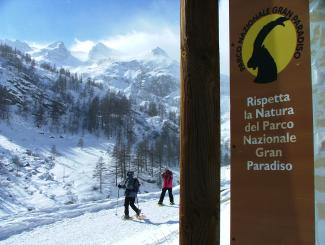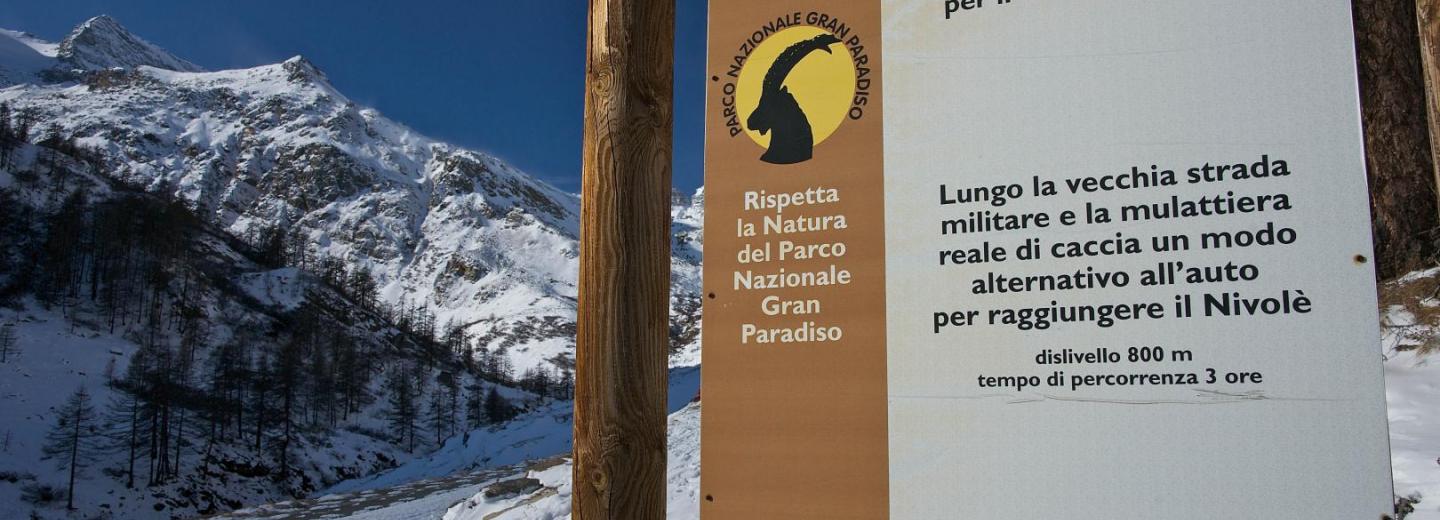
Rules of conduct
If it's true that we should respect our environment wherever we go, even more inside a protected area, it is the only way to keep this valuable area intact over time, which is everybody's heritage.
So let's have a look at a general guide of conduct inside the park. The actions of a single person may seem insignificant, but if they are repeated by thousands of tourists then it becomes a serious problem.
Rubbish: Take it with you
After a picnic do not leave any rubbish, or hide it under rocks. Remember that paper serviettes, although biodegradable, take almost a year to break down. Not to mention plastic bags, which are practically indestructible. Some rubbish can even be dangerous for animals, for example if it is sharp (glass, open tins, etc); other rubbish, like cans and bottles become death-traps for insects and small rodents.
Flowers, insects and minerals: Leave them where they are
Who of us has never picked a bunch of flowers in a field? We shouldn't forget that every element in nature plays its part in the ecosystem. Flowers don't exist just for our personal pleasure, but are necessary for the environment in which we live.
Campfires and tents: Only in the designated areas
In this natural environment, even the smallest careless action can cause serious damage: light campfires only in designated areas and if you smoke, don't throw the butt on the ground. Apart from being rubbish, it could also cause a fire!
Animals are sensitive to the presence of humans. If you camp outside the authorized area, you bother the wildlife and you ruin the meadows.
You're welcome to sleep in a tent, as long as you do it in an authorized campsites.
Wild animals: Leave them in peace
After a long winter, ibex and chamois only have a few summer months to nourish themselves for the reproduction season. Don't try to get close - observe them from a distance, so that they can eat in peace.
Routes and mule-tracks: Stay on them
While walking in the mountains, you might want to take a shortcut. This innocent act causes various problems in the long run:
• it ruins the vegetation
• it makes deep ruts in the ground, where rainwater gathers, eroding the soil as it flows away .
As well as this, trampling on hay in the fields makes it impossible to reap, and hay is a wealth for the farmer. And lastly, if you leave the route, you risk getting lost!
Dogs: Better not
Of course you have a good dog. Of course it's well-behaved. Maybe you always take him for walks on a leash. But are you sure that your dog, getting the scent of a wild animal, won't get away from you to chase a chamois or marmot? It may only be a game for him, but it frightens the animals. If that happened you would be liable for criminal prosecution. Unfortunately, every year we find animals mauled by dogs…
For this reason, there is a strict law against the entry of dogs. If you love your dog, love other animals, too. Think about it.
Paragliding flights: why it's forbidden
The overflight by any means, so in the Park as in any other national protected area, represents a criminal offence on the basis of the framework law 394 on protected areas.
Numerous studies, conducted in the alpine environment in the last days, indeed demonstrate that paragliding can cause considerable trouble against wildlife and especially ungulates such as chamois and ibex.
In order to understand the reasons of this prohibition it's possible to read the article: "Parapendio nel Parco Nazionale Gran Paradiso? I perché di un divieto" (in italian).
Read the Park Regulation
Photo: courtesy of UISP
